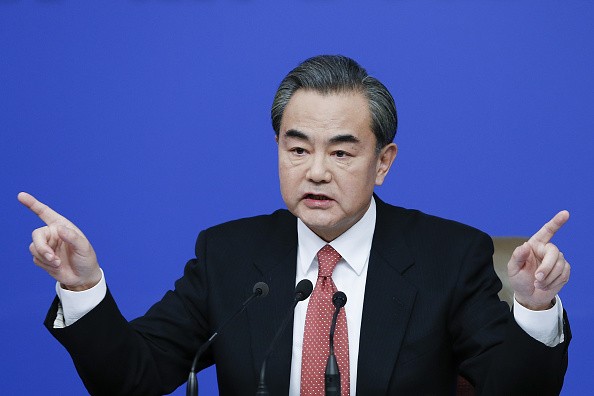Amid tensions in the Korean Peninsula after North Korea fired its ballistic missiles, the United States said it is open to having a dialog with China to address its concerns about the planned Terminal High Altitude Area Defense (THAAD) missile deployment in South Korea.
China is concerned that the possible THAAD deployment could be used to jeopardize the security interests of the mainland within the Korean soil, China Topix reported.
U.S. Undersecretary of State for Arms Control and International Security Rose Gottemoeller clarified that talks between the U.S. and South Korea have just begun, but a decision to deploy the THAAD missile system is yet to be made.
The statement was made after U.S. Defense Secretary Ash Carter said in a congressional hearing that Seoul and Washington had "agreed in principle" in deploying the THAAD missiles in the South Korean soil.
Gottemoeller said that the missile system is not aimed at China. Instead, the system is a defensive stance against North Korea. Army Lieutenant and commander of the U.S. Army Space and Missile Command General David Mann also echoed the sentiment.
"It's very, very important that we clarify that the radar, that system is not looking at China," Mann said. "If the decision is made to deploy it, that system would be oriented on North Korea and threats posed by the North Korean military."
The U.S. said it is hoping to have an opportunity to have a sit-down with Chinese officials to discuss its concerns about the system, Reuters reported.
Gottemoeller also said that the possible talk aims to discuss the technicalities of the system.
"We will be very glad and hope we'll have the opportunity to sit down and talk with China about those very technical limitations and facts about the system," Gottemoeller said.
Meanwhile, Chinese Foreign Minister Wang Yi said that the matter will be resolved through diplomatic channels. He said that he understands the desire of both sides to make defensive measures in their own jurisdictions, but the country has legitimate concerns that needs to be addressed.


